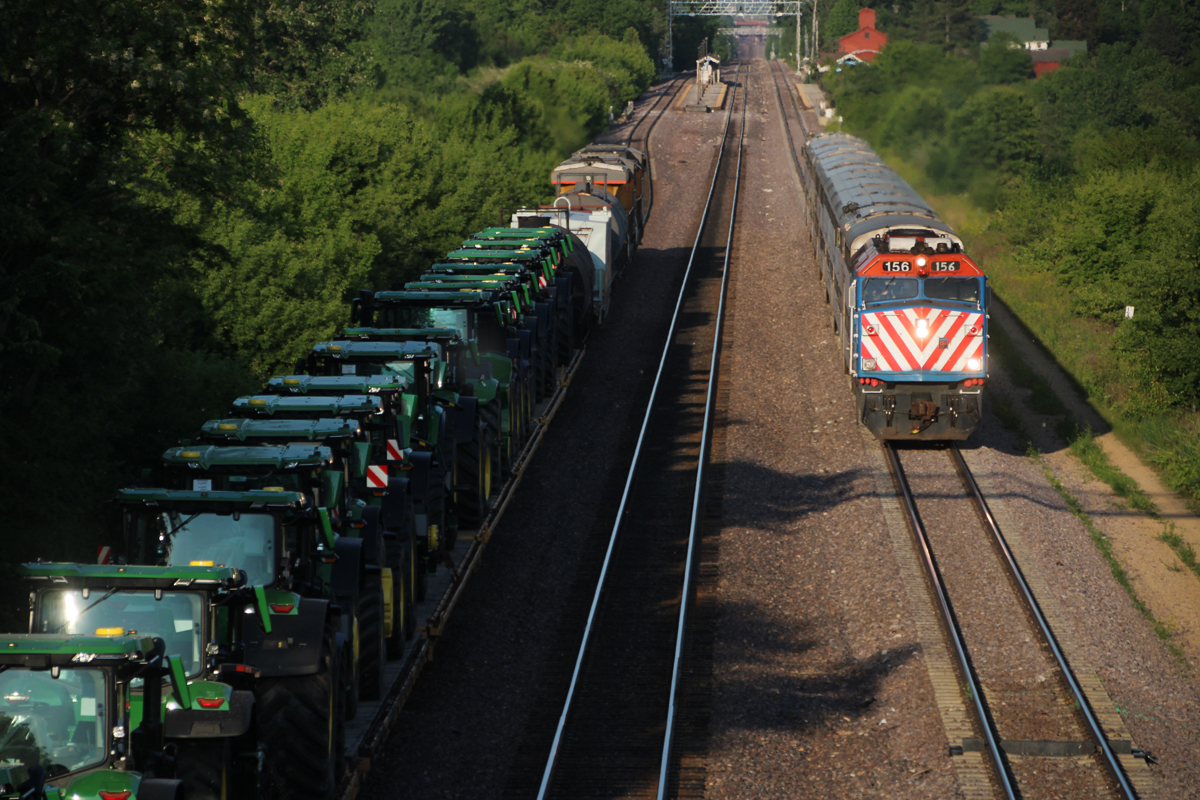
WASHINGTON — Metra’s request to the Surface Transportation Board for terminal trackage rights in the Chicago area is an effort to maintain below-market rates for access to the Union Pacific system, UP says in a filing responding to Metra’s initial arguments to support that request.
Such a financial dispute “is not the board’s problem,” UP argues in its June 3 filing. It cites a precedent in which the board said its involvement would be “simply inappropriate” if the “real reason” for a terminal trackage rights request is about having the board set a price.
The filing is the latest salvo in a long-running, litigious dispute between Metra and the freight railroad over an inability to establish terms of a new operating agreement now that Metra, rather than UP, is responsible for operation and maintenance of commuter trains on three Union Pacific lines. The current agreement expires June 30, and Metra requested board action in March, saying it was necessary to ensure that UP did not prohibit commuter trains from operating on its lines [see “Metra asks STB to require …,” March 7, 2025].
UP’s filing repeats the railroad’s earlier assertions that it will not exclude Metra from its lines at the end of the current contract, an statement made most recently in a letter from UP CEO Jim Vena to his Metra counterpart, Jim Derwinski. Beyond that, the UP filing seeks to establish that Metra’s request faces “insurmountable obstacles” — among them that the STB lacks jurisidiction because Metra is not an interstate operation. UP previously made that argument in a separate filing asking that the case be dismissed [see “Union Pacific asks regulators to dismiss …,” Trains News Wire, May 23, 2025].
Other arguments put forth by UP include:
— Little of the trackage covered in Metra’s request qualifies as “terminal facilities” or “main-line tracks for a reasonable distance outside a terminal” — the areas covered under the law governing Metra’s request.
— Metra cannot show “anticompetitive conduct” by UP or “actual necessity,” which the freight railroad says are “the demanding standards for the extraordinary relief it seeks.”
— Metra is incorrect in saying the board can decide access and compensation can be addressed later, citing a section of the law stating “compensation shall be paid or adequately secured before” an operator can use the trackage rights.
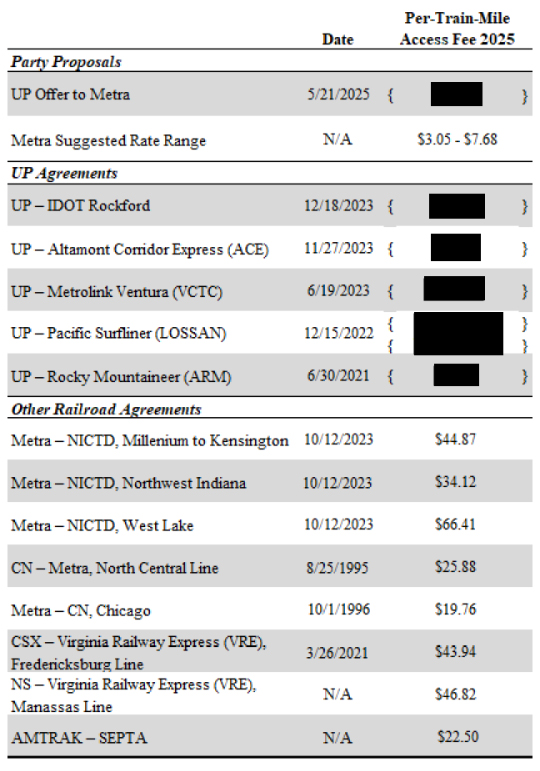
UP states repeatedly that it is offering terms “to bring Metra’s compensation in line with the market.” The specifics of the proposed terms — as well as those of existing UP agreements with other operators ranging from Southern California’s Metrolink to luxury operator Rocky Mountaineer — are redacted from the public version of the filing. Metra, in an ongoing lawsuit, said that UP is seeking to increase its total access cost from $21 million to $40.7 million per year, not including other fees. [See “Lawsuit says Union Pacific seeks …,” News Wire, May 28, 2025].
UP does include, however, what it terms Metra’s “suggested rate range” for an access fee — $3.05 to $7.68 per train-mile. The UP filing also includes eight other examples of access fees involving commuter railroads. Those are shown at right, including Canadian National’s fee for Metra’s North Central Line ($25.88 in an agreement dating to 1995); Metra’s rate for CN use of its tracks ($19.76 in a 1996 agreement); and various access fees between Metra and the Northern Indiana Commuter Transit District (South Shore commuter service).
“The Board has ample authority and good reason to deny Metra’s novel and unsupported request for perpetual control of the UP Lines,” Union Pacific argues. It urges the STB to deny the request “and send Metra back to the bargaining table so the parties can finally resolve this dispute.”






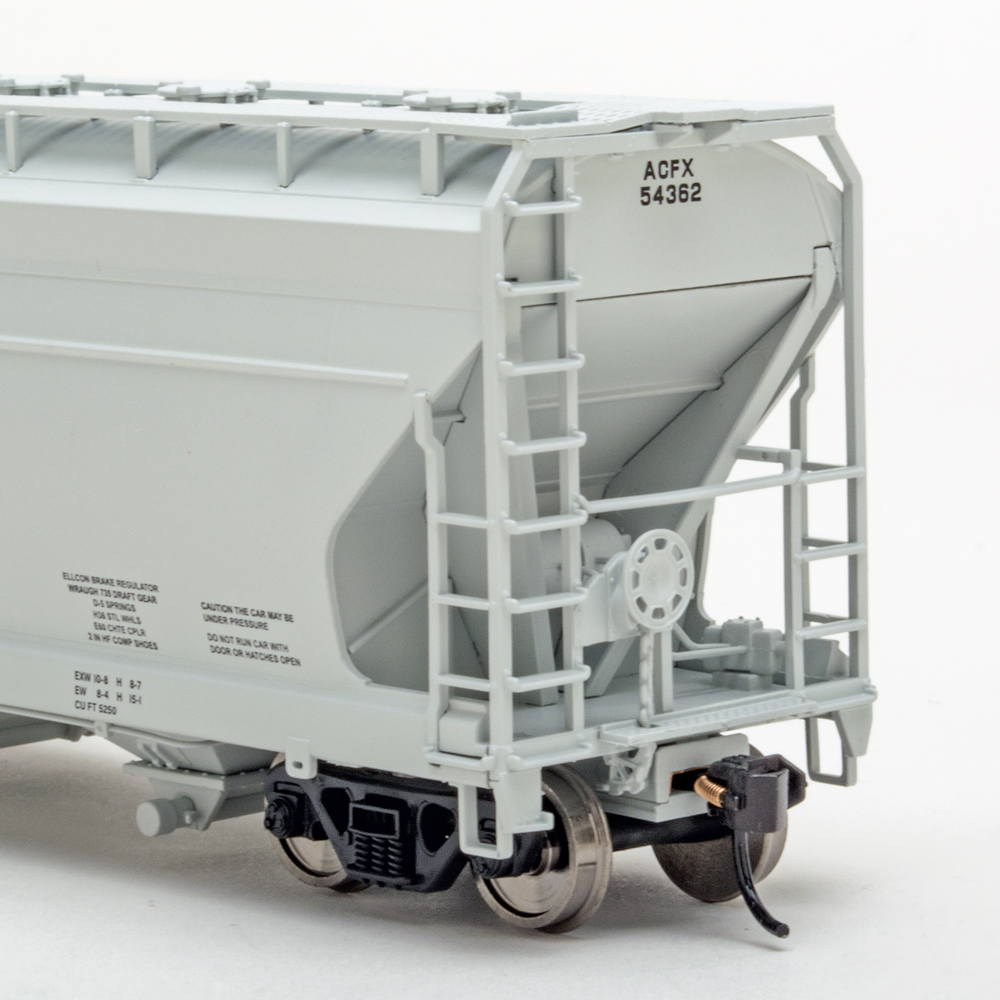
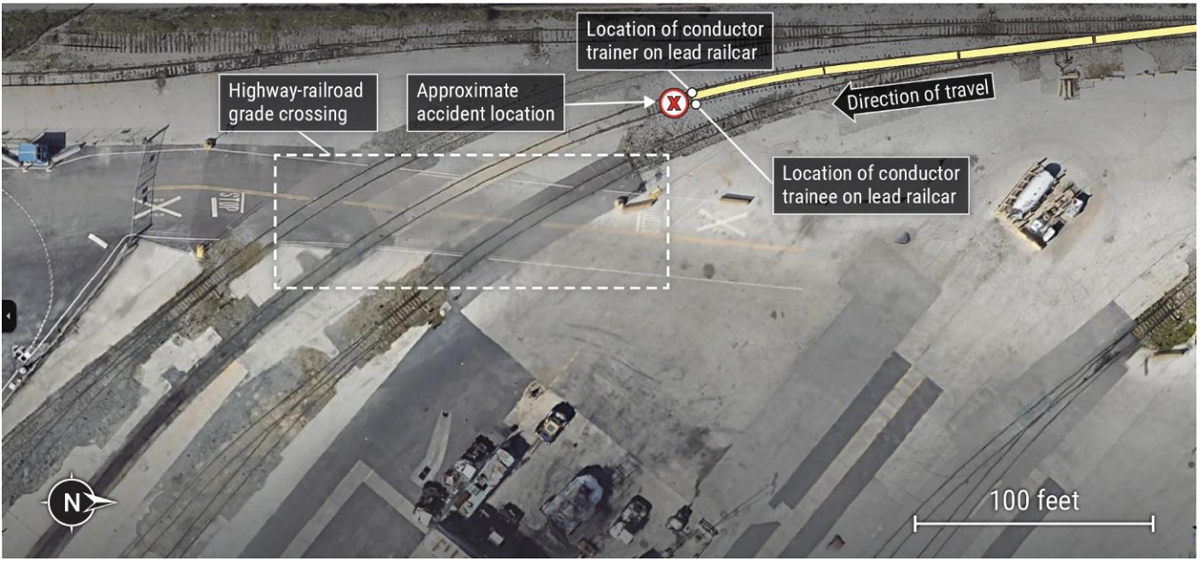
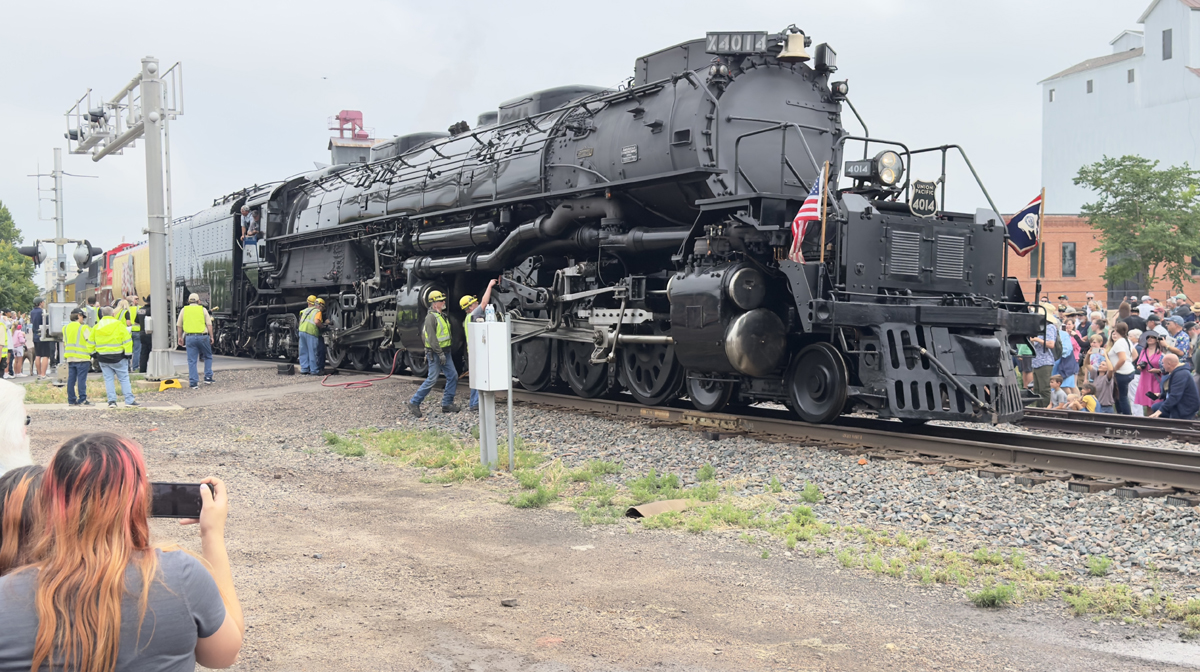
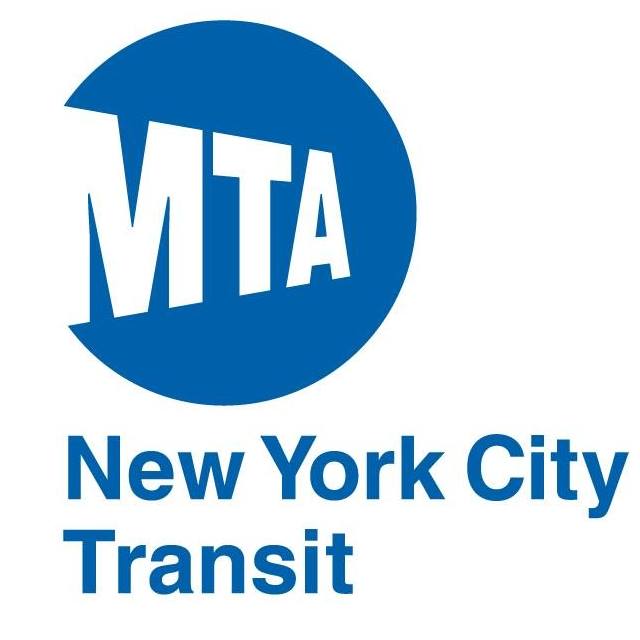




Have to wonder if UP really expects to get anywhere with these filing. If it didn’t the management might be on thin ice when determining BOD and management choices.
Good job Trains on getting the “other” rates paid by Metra (and other agencies) for trackage access.
However, “the UP filing seeks to establish that Metra’s request faces “insurmountable obstacles” — among them that the STB lacks jurisidiction because Metra is not an interstate operation.”
Hey UP you are in their jurisdiction, and the tracks they access are part of interstate commerce.
Metra needs to produce a report on how much tax money has been spent over the last 15 years on UP ROW that has benefitted both. State it as a “per-train-mile” subsidy.
(1) METRA invested in the bridges with no long-term agreement. (2) METRA took over operations with no long-term agreement.
Either METRA had no choice (if UP had them over a barrel) or METRA didn’t think through.
Nothing in my post this morning excuses UPRR or lets them off the hook for this travesty.
PS It was about 30 years ago, but when UPRR took over CNW, they must have noticed the commuter trains. And the federal agencies should have made the commuter trains part of the merger agreement.
Lots of looking back at what should have happened. But as I said, regardless of what should have happened in the past, UPRR this week is to be criticized severely.
Expect the court fights to last over a year if not longer